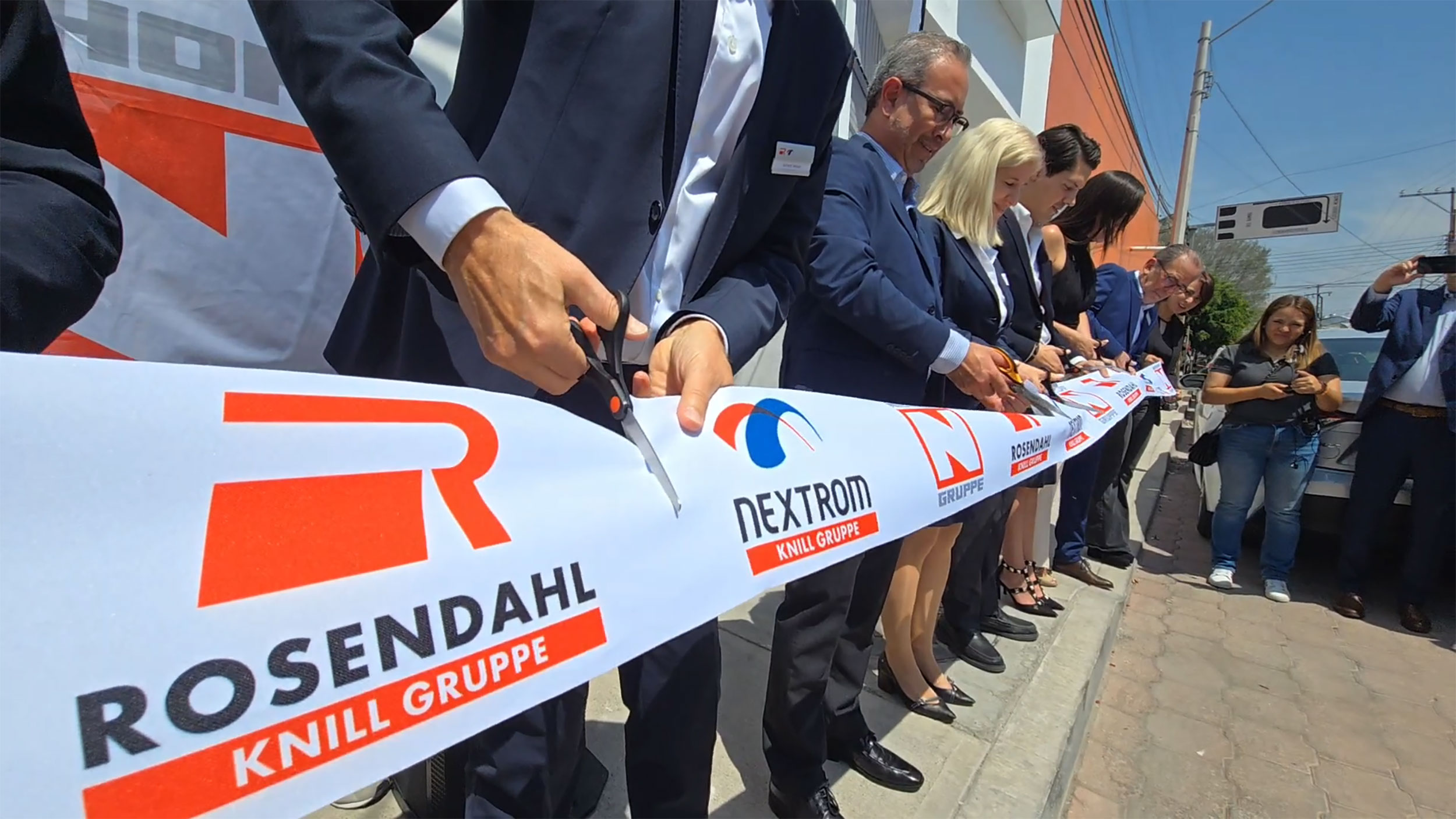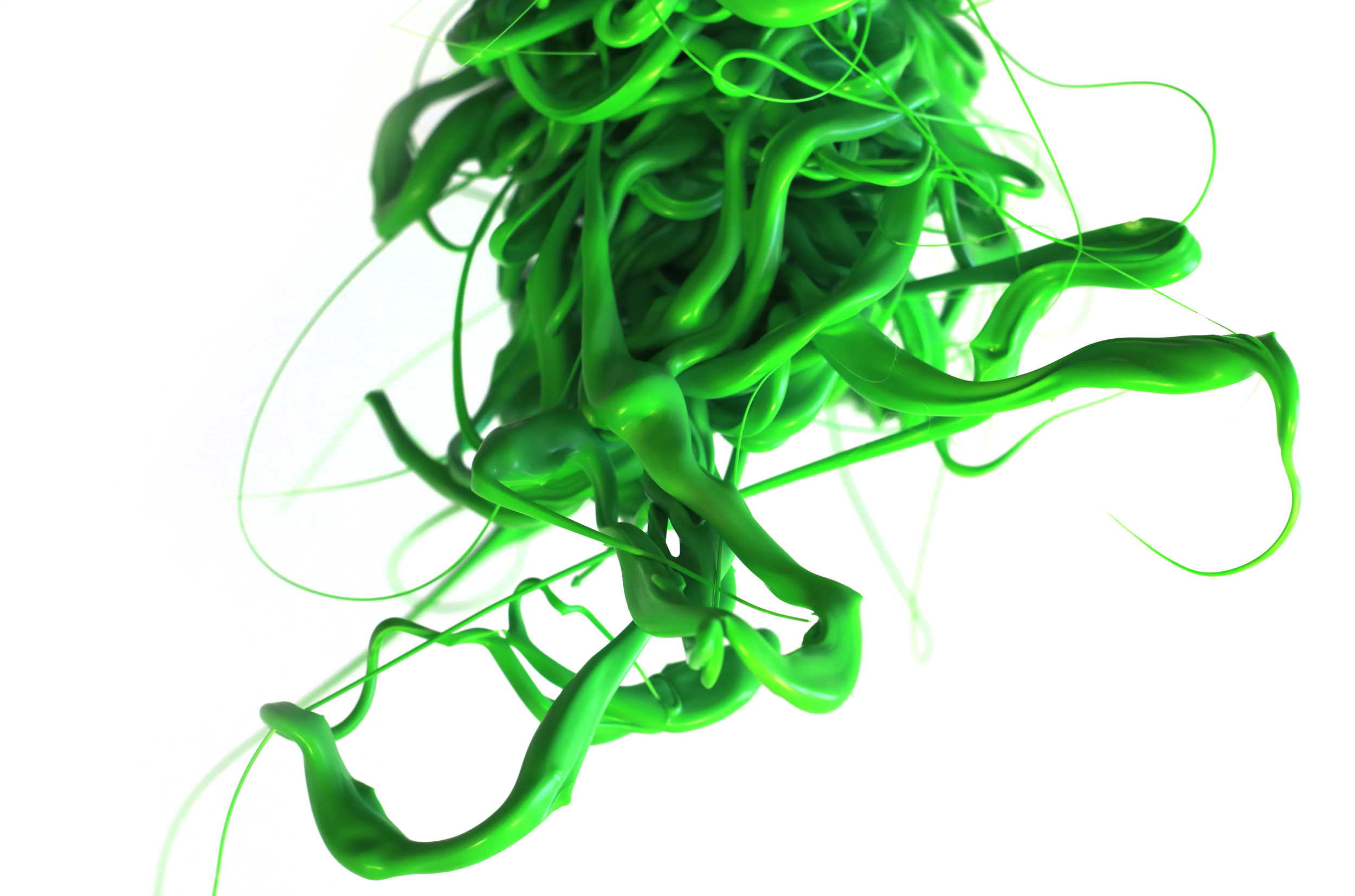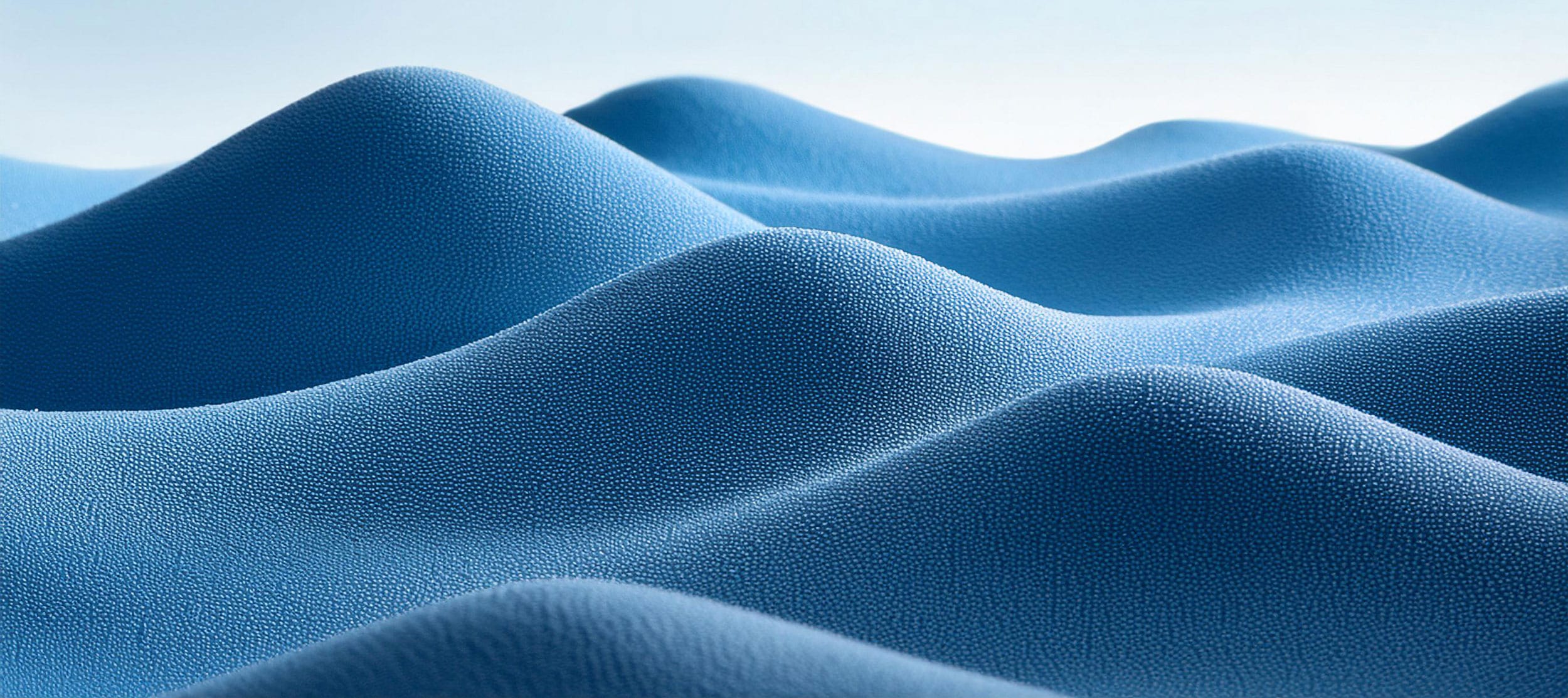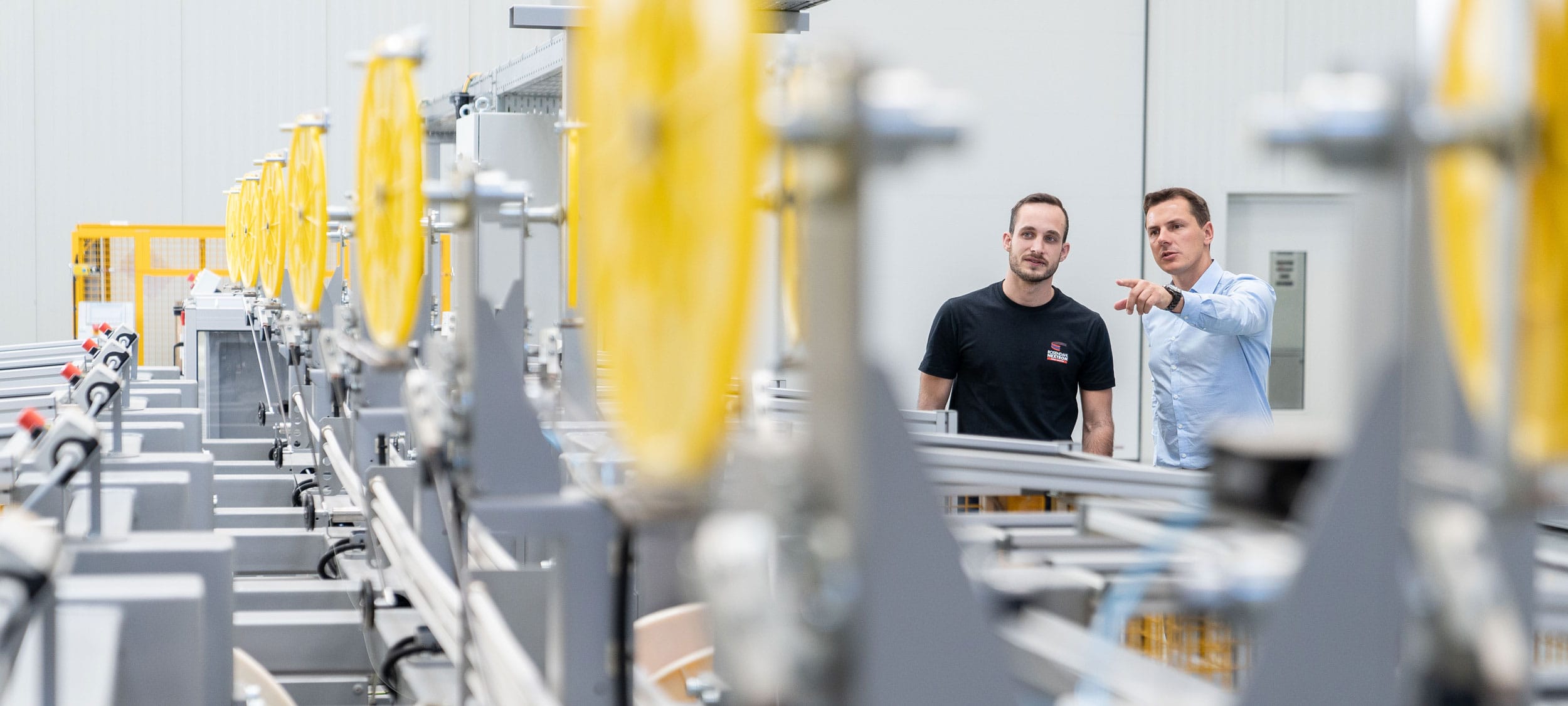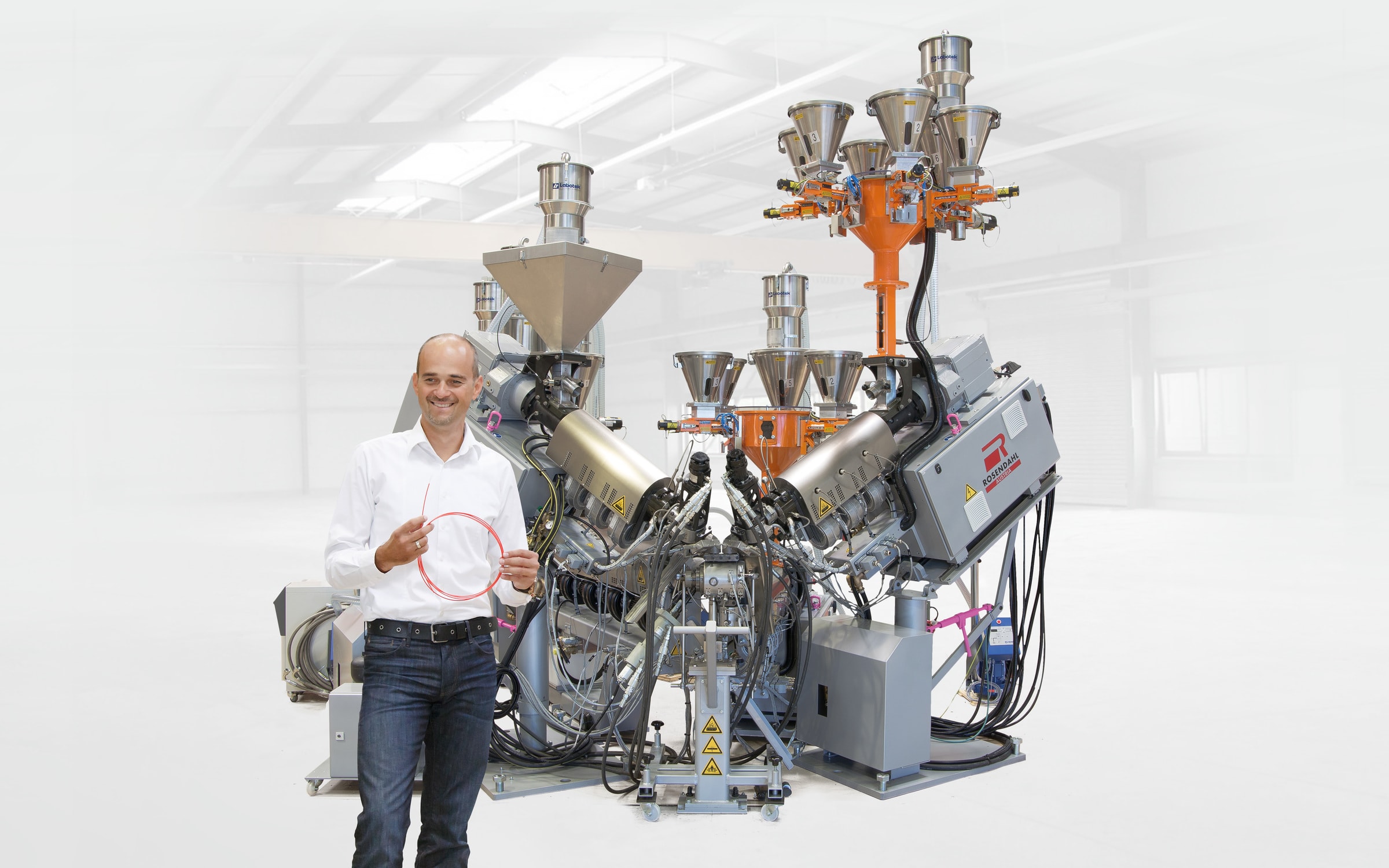
polypropylen for automotive cables
March 05th, 2019
The extraordinary attributes make polypropylene extremely attractive for cable production in the automotive field. Rosendahl Nextrom extruders can handle the challenge.
share
cars of the future are driving better with us
The latest technology in cars is almost impossible to imagine. Autonomous driving, cameras and various entertainment applications are standard features of a new car. But which impacts can you as a cable producer expect in the near future?
Development opportunities for autonomous driving seem infinite. Backup cameras that help us with parking, cruise control that warns us for driving too fast, and entertainment applications that entertain our kids on long drives are almost standard in new cars. And new sensors that should make driving even safer are being developed constantly.
The challenge
- The more technology there is in a car, the higher the number of different cables needed
- More cables and sensors, but consistent or even reduced space consumption
- High temperature resistance
- 100% accuracy
- Optimal transmissibility
Polypropylene as a solution
Polypropylene is a resistant, low-loss, and comparatively light plastic. These attributes make it extremely attractive for cable production in the automotive field. It allows the production of small, light, and economical products and fulfills the future requirements of the market very well.
In combination with our new gas control systems RGIV (Rosendahl gas injector valve) and RMFC (Rosendahl mass flow control), lines for the production of data cables in the automotive sector are ideally equipped to ensure the reproducibility of the product and to reduce scrap during the entire production process. Efficient results are guaranteed.
you may also like
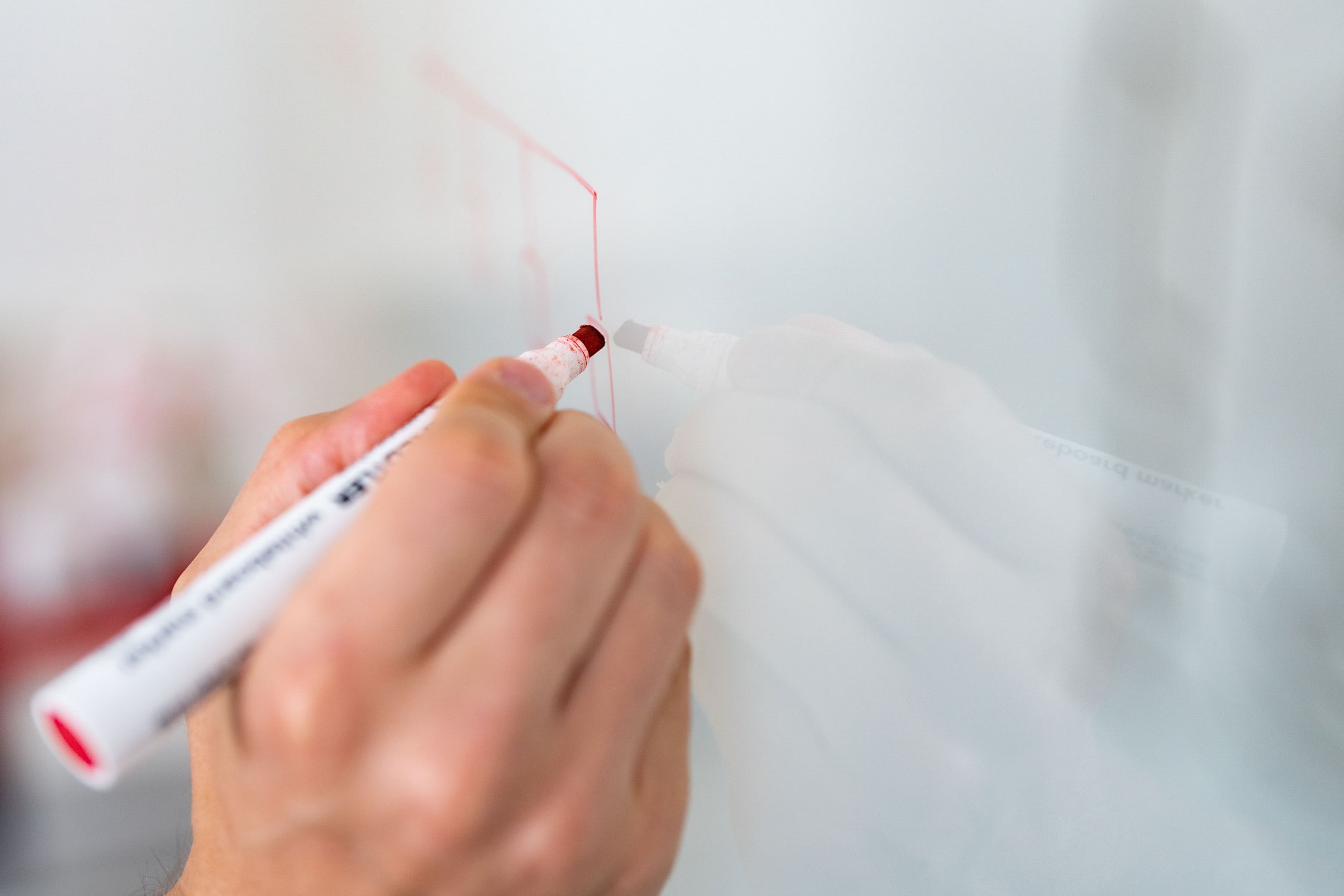
contact
get in
touch
with us

